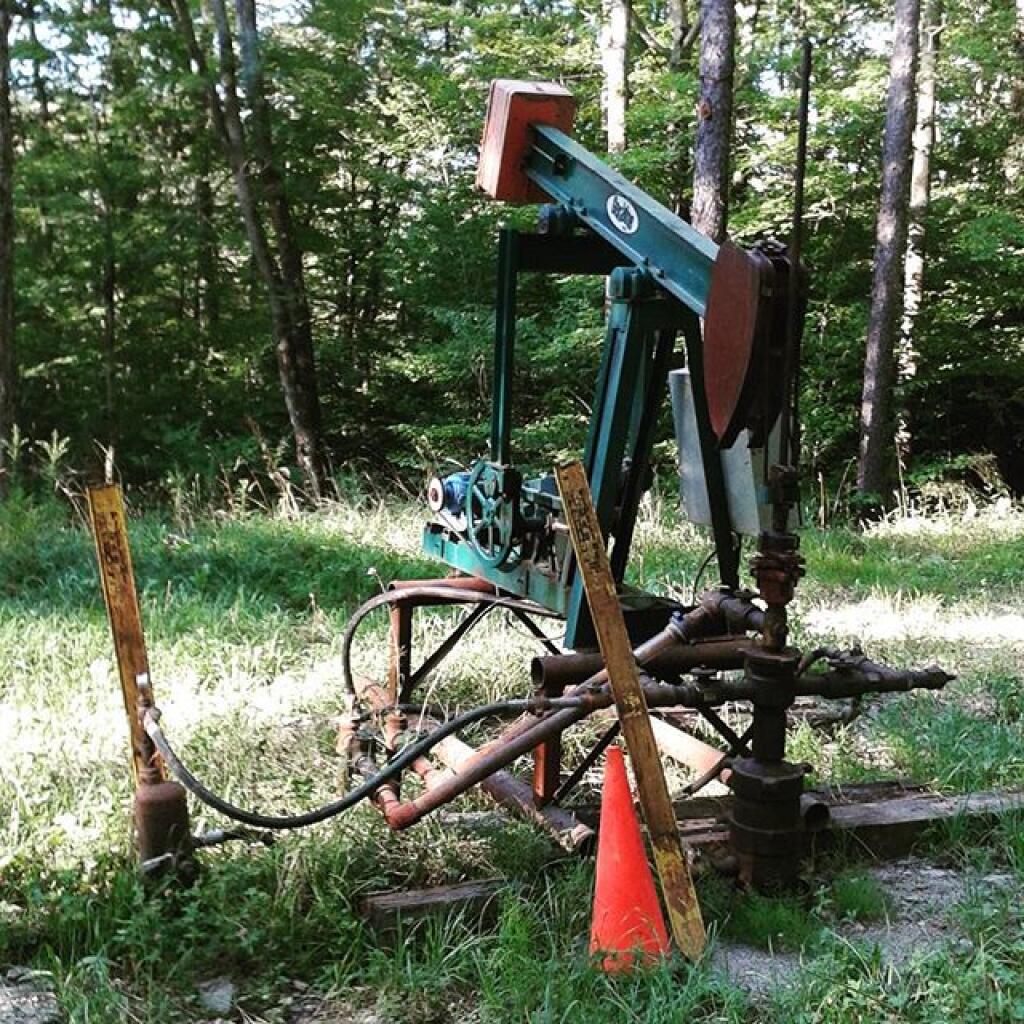Fossil Fuels are an Addiction.
I often like to compare fossil fuel addiction to heroin addiction …
To which I often get response that fossil fuels aren’t chemically addicting, they don’t change the brain’s chemistry, re-wiring it to crave more and more of them. But is that true? There is a lot of evidence that humans become as addicted to fossil fuels as opioids and that the behavior around fossil fuels is very similar to a person who is addicted to heroin, although fossil fuel addiction is much more socially acceptable.
Speed, warmth, light tickle and change our brains
Humans crave speed, warmth, and light — especially colorful lights. Our fossil fuel society makes such things very possible and easy to access. How to make people happier? Go faster, make it more comfortable, make it more bright and colorful.
Spending enormous amounts of money on the habit
Fossil fuel production and consumption is an enormous part of our economy. The average household spends $1,977 a year on gasoline alone. Is that amount of money spent to incinerate refined dinosaur bones, a largely non-sensible activity, is a classic sign of an addiction.
Denial of an addiction
Most people are in denial that they have a problem with fossil fuels and energy consumption more generally. They often dismiss how much energy they consume, they make excuses that it is necessary for modern living. People often react strongly when their utility rates or gas prices go up, or efforts are made to restrict motoring by reducing the number of lanes on roads or parking spaces.
Bizarre behaviors as a result of addiction
Addicts often engage in bizarre behavior when they high. Not only are people likely to defend oil and gas development in terrible places, they’re much too willing to accept climate change, as the price of fossil-fuel freedom. Wasting energy is totally acceptable, if it makes us happy.
Seeking alternative ways to get high
How do people plan to address the climate crisis? Usually it involves building industrial wind turbines and large solar farms, and switching to electric cars. Conservation is often pushed to margins of debate. And lifestyle change is dismissed as being impractical. People — at least on paper — want to address climate change by driving to Walmart in electric car.
Seventh Day Hollow
Places Named Squaw in America
The English word squaw is an ethnic and sexual slur, historically used for Indigenous North American women. Nearly 800 places in America include such a term in it's naming. This interactive map shows those locations, coloring represents a different category of point such as lake, stream, summit.
Data Source: US Board on Geographic Names, Geographic Names Information System.
Jellyfish at Via Aquarium
Early in November I went to the Via Aquarium with my niece and aunt at the Rotterdam Mall. This video shows the jellyfish tank.
Change in Number Arrests for Violent Felonies, by Year
Crime is an issue that is getting a lot of debate this year, with the recent uptick in crime across the state. However, it follows many years of crime decreasing in most counties across New York.
Oil Well
This was along PA 55 in the National Forest, although there where many wells much farther back in the woods.
Taken on Thursday November 11, 2010 at Allegheny National Forest.

